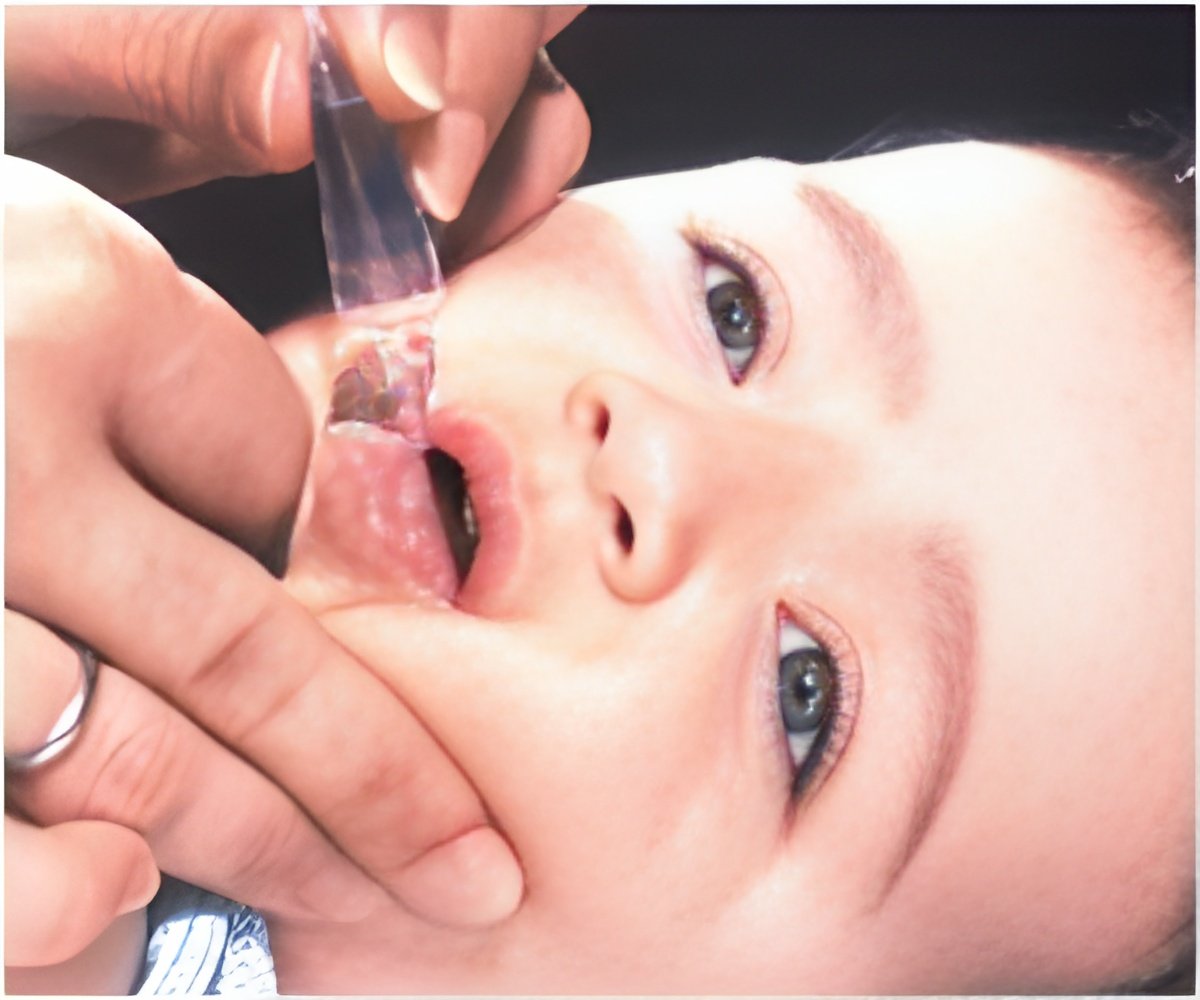Vaccination against rotavirus has led to a significant decrease in hospitalizations and deaths of children due to severe diarrhea in the Western Pacific region.

‘The study provided a definitive evidence for ongoing rotavirus vaccination in low-middle income countries with poor sanitation and inadequate cold storage chains.’
Read More..




MCRI Professor Fiona Russell said the study looked at the impact of rotavirus vaccination on young children two years after its roll-out in Kiribati in 2015. The study provided convincing evidence for ongoing vaccination in Kiribati and other low-middle income countries with poor sanitation and inadequate cold storage chains, she said.Read More..
"Kiribati has one of the highest child death and malnutrition rates in the Pacific, which is due to the substantial challenges with the provision of safe drinking water and effective sanitation," she said.
"Kiribati introduced rotavirus vaccination following a series of confirmed rotavirus diarrhoea outbreaks, with up to 70 per cent of cases affecting children under five."
Kiribati is the first country to document the effects of rotavirus vaccination in the Western Pacific region.
The study found acute gastroenteritis inpatient admissions decreased by 37 per cent and outpatient presentations by 44 per cent in children aged under five years. Inpatient severe acute malnutrition admissions also decreased by 24 per cent.
Advertisement
Rotavirus is the most common cause of severe diarrhoea in children worldwide and kills about 215,000 children each year.
Advertisement
Professor Russell said the research would provide evidence for other policy makers in the Asia-Pacific region to consider introducing the vaccine.
"Very few countries in the Asia- Pacific have a rotavirus vaccine in their national immunisation programs, despite good data showing the vaccine’s benefits," she said.
Source-Eurekalert








